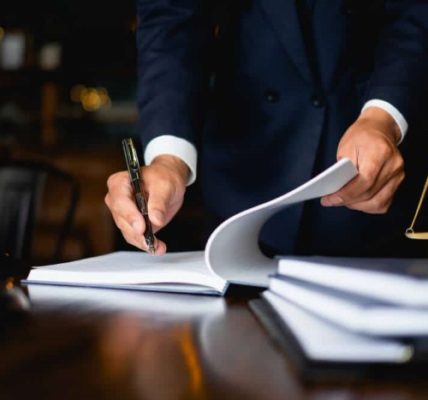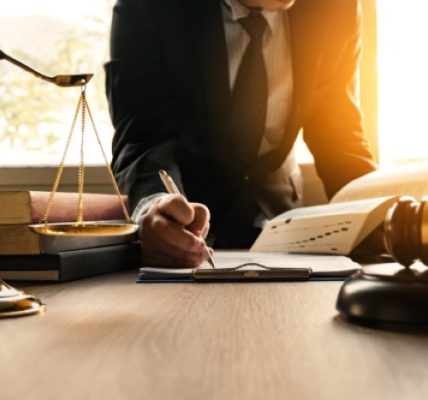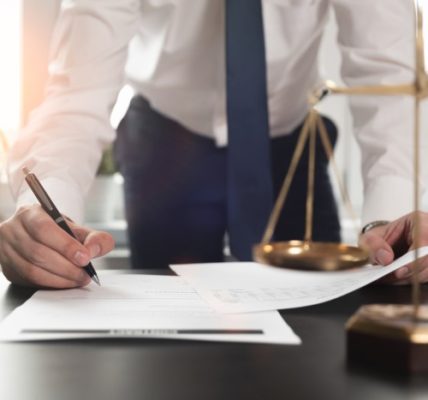Imagine this: you’ve sunk your heart (and a hefty chunk of your life savings) into your Florida dream home. The sun glistens off the pool, palm trees sway in the breeze, and life feels pretty darn good. But what if, through some unforeseen twist of fate, a lawsuit comes knocking? Could your little slice of paradise be snatched away?
Fear not, sunshine state dweller, for Florida boasts one of the strongest shields against creditor claws in the entire US: the Florida Homestead Law. This constitutional gem, enshrined in Article X, Section 4, throws a formidable wall around your primary residence, making it practically fortress-proof against most creditors.
Think of it like this: your homestead is a sanctuary, a haven where even the most persistent debt collectors and judgment-wielding lawyers have to stop and stare longingly from afar. In simpler terms, if you owe money on a personal judgment (think medical bills, credit card debt, car accidents), a creditor cannot force the sale of your homestead to satisfy that debt. Boom. Home sweet, protected home.
Now, before you start celebrating with a piña colada poolside, remember, like any good superhero, Florida Homestead Law has its limits. This legal guardian angel doesn’t stand between you and:
Mortgage lenders: If you haven’t kept up with your mortgage payments, your bank can still foreclose on your home.
Taxes and liens: Unpaid property taxes or government-imposed liens can still lead to your homestead being sold.
Home improvement debts: If you haven’t paid the contractor who built your pool paradise, they can put a lien on your property.
And, like any good party, there’s a guest list. To qualify for homestead protection, you need to be a bona fide Florida resident, meaning your homestead needs to be your primary residence for at least six months of the year. Condo dwellers and mobile home owners, rejoice! Your cozy abodes fall under the protective umbrella too.
So, the next time you sip your morning coffee on your sun-drenched lanai, remember this: Florida Homestead Law is your silent guardian, standing watch over your little piece of paradise. It’s a powerful tool, offering peace of mind and a vital layer of security in the sometimes-unpredictable game of life. Just remember, like any good superhero, it has its kryptonite, so use your newfound knowledge wisely!
6 Burning Homestead FAQs:
How much of my property is protected?
Up to one-half acre within a municipality or 160 acres outside a municipality.
Do I need to file anything to claim homestead protection? Nope, it’s automatic as long as you meet the residency requirement.
Can I protect my homestead from inheritance taxes?
Not exactly, but homestead laws can impact inheritance planning. Consult an attorney for specifics.
What if I move out of state?
You lose homestead protection after a year of non-residency.
Can I protect my homestead from fraud?
Absolutely! There are legal steps you can take to shield your property from fraudulent transfers.
Should I consult an attorney about homestead protection?
If you have complex financial situations or concerns, seeking legal advice is always wise.
Now go forth and enjoy your Sunshine State sanctuary, secure in the knowledge that your home is more than just bricks and mortar – it’s a fortress protected by the mighty Florida Homestead Law.
Want to dive deeper? Check out these resources:
Florida Bar Association: https://www.floridabar.org/the-florida-bar-journal/homestead-made-easy/
Florida Department of Revenue: https://floridarevenue.com/maintenance
Nolo: https://www.alperlaw.com/florida-asset-protection/florida-homestead-law/









